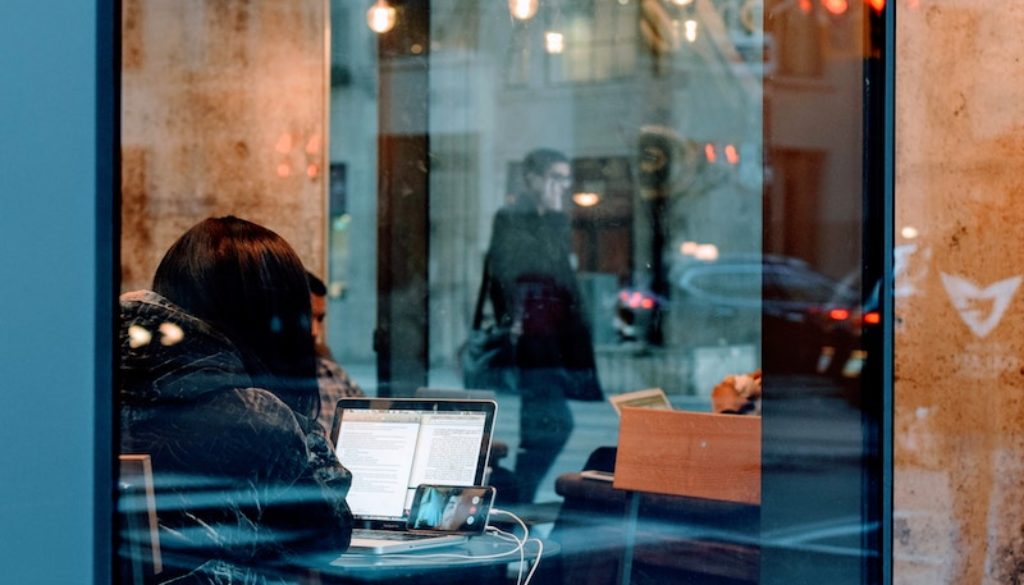Carving Out Exceptions to Section 230: How Will It Affect The Internet?
Over 21 years ago, at the dawn of the commercial Internet, Congress passed a seemingly minor amendment to the massive Telecom Act of 1996 — Section 230 of the Communications Decency Act (HR 1555). HR 1555 was designed to limit liability of Internet providers for content posted by their users and also to give them a safe harbor to manage objectionable behavior on their platforms.
There is no question that with Section 230 Congress enabled the meteoric growth of the Internet. The impact of Section 230 has been showered with superlatives like “The Most Important Law in Tech” and “The Legislation That Saved the Internet.” Yet, since Section 230’s passage, it has been litigated hundreds of times. Further, hundreds of lawmakers’ bills have been introduced seeking to hold intermediaries liable for the actions of its users. In fact, there are several bills in Congress right now that seek to hold scale back Section 230’s scope including two on human trafficking.
We invite you to a discussion about Section 230 and efforts to limit the scope of the law. The panel will include legal scholars and industry representatives that rely on the law. The panel will discuss the origins of the law, the role it plays in enabling Internet services and technologies. Join us on September 8 at noon in Rayburn 2237.
SPEAKERS

